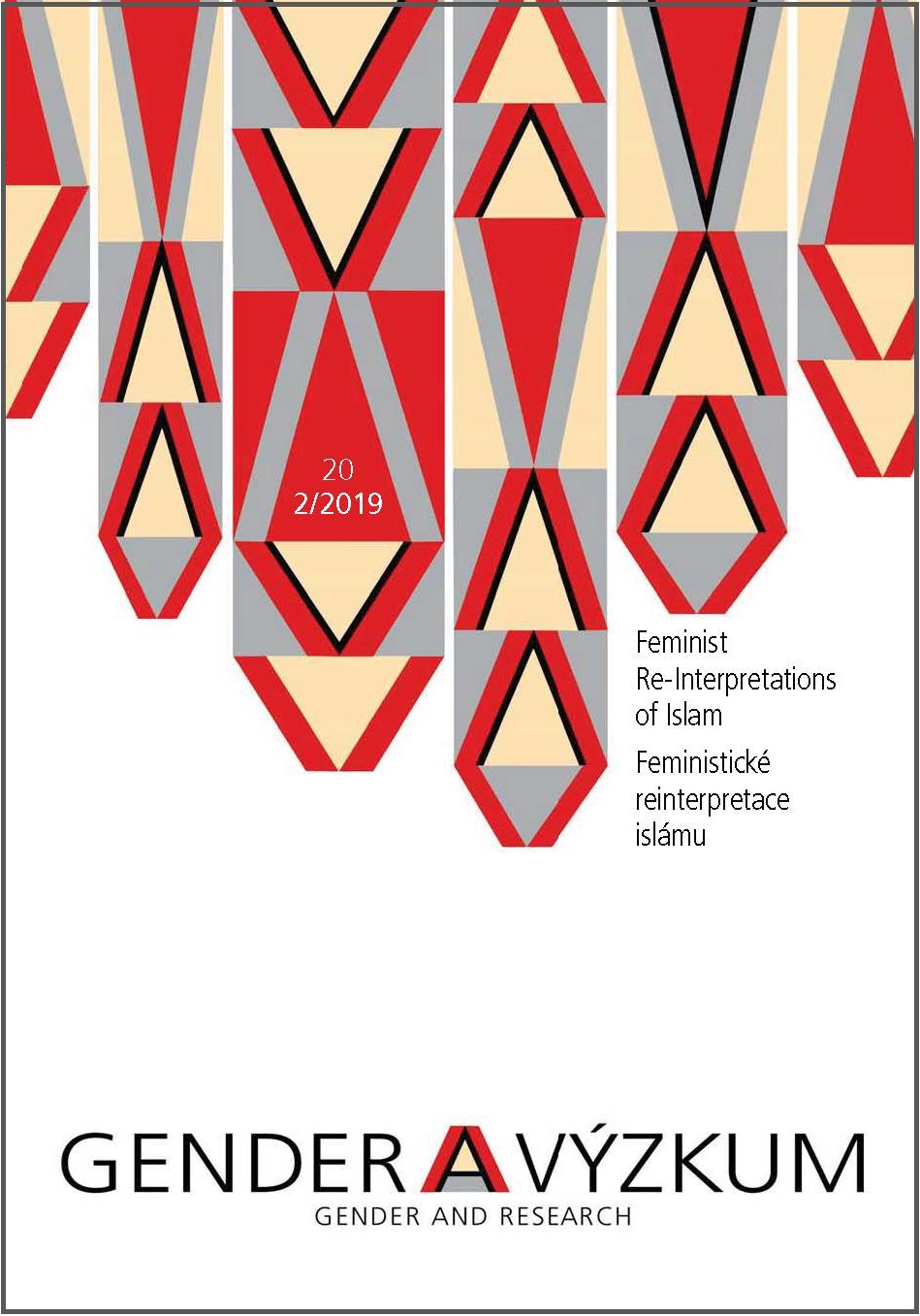Political Embodiments of the Hijab in Narratives of Iraqi Refugee Women in Diaspora
Political Embodiments of the Hijab in Narratives of Iraqi Refugee Women in Diaspora
Author(s): Nadia Jones-GailaniSubject(s): Gender Studies
Published by: AV ČR - Akademie věd České republiky - Sociologický ústav
Keywords: Hijab; Muslim; diaspora
Summary/Abstract: This article explores how young displaced Iraqi Sunni Muslim women negotiate religious identity in diaspora, and how veiling becomes an expression of a new politicised Islamic feminism. Veiling continues to be the focus of ideological debates about Islam and women’s rights in the Muslim world and in the global diaspora of displaced refugees. Young refugee and migrant women find themselves at the intersection of new and old Muslim communities, secular and religious feminisms, and first- and second-generation ideals of female modesty. Based on oral histories conducted with Arab and Kurdish Sunni Iraqi women now resettled in the Toronto and Detroit areas, the article traces a new trend in grassroots religiosity among young women in diaspora. New forms of a politicised religious subjectivity, in this case through veiling, suggest that these young women actively mobilise around a religiously constituted political consciousness. As a ‘speech act’ wearing hijab can in part be understood as a political performance that embodies the intersections of religious and non-religious symbolism. As the article argues, it is as migrants located at the intersection of new and old imaginaries of a global Umma that these reimagined religious subjectivities are forged.
Journal: Gender a výzkum
- Issue Year: 20/2019
- Issue No: 2
- Page Range: 84-106
- Page Count: 23
- Language: English

